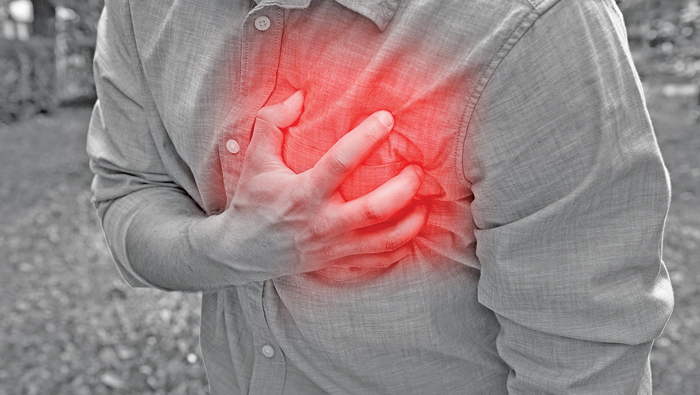
Muscat: Only 13 per cent of people who suffer cardiac arrests at home or in public places survive, and health bosses in Oman have embarked on an awareness raising campaign to help.
A study conducted by doctors at Sultan Qaboos Hospital found that almost every cardiac arrest patient admitted had been brought to hospital by friends or family — and had therefore not been given cardiopulmonary resuscitation (CPR).
Only those who arrived by ambulance had received CPR and their survival rate was much higher as immediate treatment was given by trained paramedics.
A senior medical consultant said that people of Oman should be aware of how to provide CPR to save lives. CPR is a life-saving technique useful in many emergencies, including a heart attack or near drowning, where someone’s breathing or heartbeat has stopped.
It aims to keep blood and oxygen flowing through the body when a person’s heart and breathing have stopped.
Doctors recommend that everyone — untrained bystanders and medical personnel alike — should begin CPR with chest compressions. “We want the general public to be aware of CPR to get basic life support training so they are able to do it in the community rather than having to bring the patient(s) to the hospital to have CPR done, which might be too late,” the consultant said. According to research published in the Sultan Qaboos University Medical Journal recently, a total of 28 patients out of 216 survived out-of-hospital-cardiac-arrests (OHCAs) between 2012 and 2016. The percentage of survival recorded in the study is in line with the rate around the world, said Dr Sunil K. Nadar, corresponding author of the study.
Dr Nadar, who is a Senior Consultant at Sultan Qaboos University Hospital (SQUH), along with his other cardiology colleagues, conducted the research at SQUH that included all adult patients brought to the Emergency Department of SQUH following OHCAs.
“There are a lot of patients who suffer a cardiac arrest outside the hospital setting. We wanted to see what happens to these patients and how it compares with other countries. “Through the research, we noticed that the approach of patients was different in Oman as compared to other countries,” said the doctor.
“There, an ambulance is called and first aid is given to patient(s) at home before bringing him/her to the hospital. Whereas in Oman, the vast majority of patients, 213 out of 216 (98.6 per cent), were brought to the hospital by a relative or friend, with only three patients (1.4 per cent) transferred by the emergency medical services (EMS),” said Dr Nadar.
“Prior to their arrival at the hospital, none of the patients had cardiopulmonary resuscitation (CPR) from bystanders, although three patients transferred by the EMS had CPR administered by paramedics. Due to the delay in CPR being initiated, we noticed the worst outcome as a result,” the doctor said while speaking exclusively to the Times of Oman.
He added that if patient(s) were given early CPR before reaching the hospital, it would have produced better results and the chances of survival might have been better.
“In 2017, the population of Muscat was reported to be approximately 1,475,000, and based on this, the annual incidence of OHCA in the Omani population was estimated to be between 516 and 780 cases per year. Moreover, OHCAs are a leading cause of death worldwide with an annual incidence of 36-81 cases per 100,000 individuals, with most occurring at home and only 20 per cent occurring in public places. Many factors have been identified in contributing to the survival of OHCA patients, with the early initiation of first aid or CPR being one of the most important.”
In this regard, over the last few years, the resuscitation team at SQUH has actively been encouraging university students to get training by holding workshops across SQU and in public areas.
“However, we need to have more public awareness and public education campaigns across Oman. Also, it would be extremely productive if first aid and CPR training was made available to the public and in high schools and colleges,” Dr Nadar suggested.